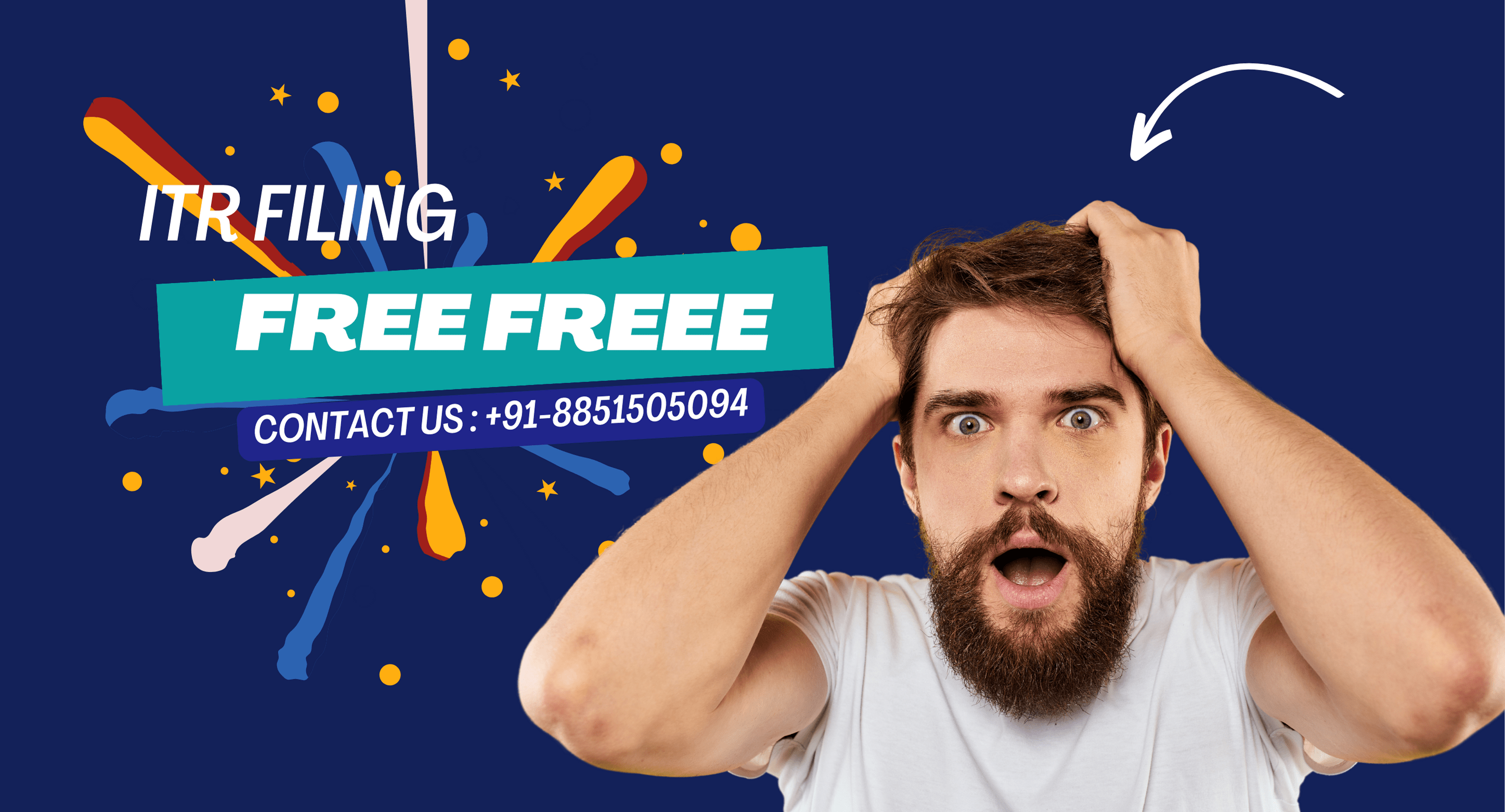The 80ddb deduction of the Income Tax Act is a tax benefit that allows taxpayers to claim a deduction for the expenses incurred on the treatment of certain specified diseases for themselves or their dependents. The deduction amount depends on the age of the patient and the actual amount of expenditure, subject to a maximum limit of Rs. 40,000 for normal citizens and Rs. 1 lakh for senior citizens. The deduction can be claimed by resident individuals or Hindu Undivided Families (HUFs), but not by non-resident Indians (NRIs). The taxpayer has to obtain a certificate from a specialist doctor as per the prescribed format and rules. The list of specified diseases covered under this deduction includes neurological diseases, malignant cancers, AIDS, chronic renal failure, and hematological disorders.
Section 80TTA: Deduction for Saving Account Interest
Table of Contents

Introduction
80TTA (Section 80TT) is a tax deduction available under the Income Tax Act in India. It allows individuals to claim a deduction of up to Rs. 1,50,00 ($2,100) per year on the total amount of interest earned on deposits in savings accounts, including current accounts, with a bank or cooperative society.
This deduction is over and above the standard deduction and other available deductions under the Income Tax Act. The purpose of this deduction is to encourage people to save money by depositing it in banks and cooperative societies.
To claim this deduction, you need to furnish proof of the interest earned during the financial year while filing your income tax returns. The proof can be in the form of a bank statement, passbook, or Form 16A issued by the bank.
However, it’s essential to note that this deduction is not available under the new tax regime introduced in the Union Budget 2020-21. Under the new regime, there are no separate deductions for interest income on savings accounts. Instead, all income is taxed at a lower rate with fewer slabs.
Therefore, if you opt for the new tax regime, you will not be able to claim this deduction for interest income on savings accounts. It’s crucial to evaluate which tax regime is more beneficial for your specific circumstances before making a choice between the two.
What is the 80ddb deduction of the Income Tax Act?

Deduction Under Section 80DDB
Section 80DDB is a tax deduction available under the Income Tax Act in India. It allows individuals to claim a deduction for medical expenses incurred by them, their spouse, children, and parents who are dependent on them. The deduction is available for certain specified diseases and ailments, as notified by the government from time to time.
The maximum limit of deduction under this section is Rs. 40,000 ($560) per year for senior citizens (above 60 years), and Rs. 60,000 ($840) per year for very senior citizens (above 80 years). For individuals below 60 years, the maximum limit is Rs. 25,000 ($350) per year.
The deduction is available for expenses incurred on treatment of specified diseases such as cancer, kidney failure, neurological diseases, and cardiac surgery. The expenses can be incurred either within or outside India.
To claim this deduction, you need to furnish proof of the medical expenses incurred during the financial year while filing your income tax returns. The proof can be in the form of hospital bills, prescription bills, or receipts from the medical institution where the treatment was received.
Who Can Claim the Deduction under Section 80DDB
The deduction under Section 80DDB is for the medical expenses incurred for the treatment of specified diseases for self or dependents. The deduction can be claimed by:
- Resident individuals (Indian or foreign citizen) for self, spouse, children, parents, brothers and sisters.
- Hindu Undivided Families (HUF) for any member of the family who is wholly or partly dependent on them.
The deduction amount depends on the age of the patient and the actual expenditure, subject to a maximum limit of Rs. 40,000 for individuals below 60 years and Rs. 1,00,000 for senior citizens (aged 60 years or more). The deduction is reduced by the amount received from any insurer or employer as reimbursement.
To claim the deduction, the taxpayer needs to obtain a certificate from a specialist doctor as per the list of diseases and qualifications given in Rule 11DD of the Income Tax Rules. The certificate should contain the details of the patient, the disease, the doctor, and the hospital (if applicable).
Some of the specified diseases covered under Section 80DDB are:
- Neurological diseases with disability level of 40% or above, such as dementia, Parkinson’s disease, motor neuron disease, etc.
- Malignant cancers
- AIDS
- Chronic renal failure
- Hemophilia
- Thalassaemia
Whose Medical treatment can be Allowed as a Deduction Under Section 80DDB?
Section 80DDB allows individuals to claim a tax deduction for medical expenses incurred for the treatment of specified diseases and ailments for themselves, their spouses, children, and parents who are dependent on them. This means that the deduction is available for medical expenses incurred by any of these individuals, provided they meet the criteria specified under this section.
The specified diseases and ailments for which the deduction is allowed are notified by the government from time to time. Some of the diseases covered under this section include cancer, kidney failure, neurological diseases, and cardiac surgery.
To claim this deduction, you need to furnish proof of the medical expenses incurred during the financial year while filing your income tax returns. The proof can be in the form of hospital bills, prescription bills, or receipts from the medical institution where the treatment was received.
The maximum limit of deduction under this section varies based on the age of the individual claiming the deduction. For senior citizens (above 60 years), the maximum limit is Rs. 40,000 ($560) per year, and for very senior citizens (above 80 years), it is Rs. 60,000 ($840) per year. For individuals below 60 years, the maximum limit is Rs. 25,000 ($350) per year.
What Kind of Medical Treatments are Allowed Under Section 80DDB
Section 80DDB allows individuals to claim a tax deduction for medical expenses incurred for the treatment of specified diseases and ailments. The list of diseases and ailments covered under this section is notified by the government from time to time.
Some of the diseases and ailments covered under this section include:
1. Cancer: Treatment for cancer, including chemotherapy, radiation therapy, surgery, and other related expenses.
2. Kidney Failure: Treatment for kidney failure, including dialysis, kidney transplant, and related expenses.
3. Neurological Diseases: Treatment for neurological diseases, including Alzheimer’s disease, Parkinson’s disease, and other related expenses.
4. Cardiac Surgery: Treatment for cardiac surgery, including heart valve replacement, coronary artery bypass grafting (CABG), angioplasty, and other related expenses.
5. Critical Illnesses: Treatment for critical illnesses, including organ transplants, bone marrow transplants, and other related expenses.
What documents are required & How do claim deduction u/s 80DDB?
To claim a tax deduction under Section 80DDB, you need to provide proof of the medical expenses incurred during the financial year while filing your income tax returns. The documents required to claim this deduction may vary based on the nature of the medical treatment received. Here are some of the documents that you may need to submit:
1. Hospital Bills: If you have received medical treatment in a hospital, you need to provide hospital bills as proof of the expenses incurred. These bills should contain details such as the date of admission, name of the patient, diagnosis, treatment received, and the amount charged.
2. Prescription Bills: If you have received medical treatment from a doctor or a specialist, you need to provide prescription bills as proof of the expenses incurred. These bills should contain details such as the name of the patient, diagnosis, treatment prescribed, and the amount charged.
3. Receipts from Medical Institutions: If you have received medical treatment from a medical institution other than a hospital or a doctor, you need to provide receipts as proof of the expenses incurred. These receipts should contain details such as the name of the patient, diagnosis, treatment received, and the amount charged.
4. Medical Certificate: If you are claiming a deduction for the medical expenses of a dependent (spouse, child, or parent), you need to provide a medical certificate issued by a registered medical practitioner certifying that the person is suffering from a specified disease or ailment covered under Section 80DDB.
To claim this deduction while filing your income tax returns, you need to follow these steps:
1. Calculate the total medical expenses incurred during the financial year for yourself, your spouse, children, and parents who are dependent on you for this purpose.
2. Check whether any part of these expenses has been reimbursed by your employer or any other source. If yes, deduct this amount from your total medical expenses.
3. Calculate the maximum limit of deduction allowed under Section 80DDB based on your age and that of your dependent (if any). For senior citizens (above 60 years), the maximum limit is Rs. 40,000 ($560) per year, and for very senior citizens (above 80 years), it is Rs. 60,000 ($840) per year. For individuals below 60 years, the maximum limit is Rs. 25,000 ($350) per year.
4. Deduct the maximum limit allowed under Section 80D (for health insurance premiums paid) and Section 80DD (for disabled dependents) from your total medical expenses (after adjusting for reimbursements). The balance amount is eligible for deduction under Section 80DDB.
What Should be Mentioned in the Prescription?
A prescription should contain the following details:
1. Name of the patient: The name of the person for whom the prescription is issued should be mentioned clearly.
2. Date of prescription: The date on which the prescription is issued should be mentioned.
3. Name of the doctor: The name and qualification of the doctor who has issued the prescription should be mentioned.
4. Diagnosis: The diagnosis or the medical condition for which the treatment is prescribed should be mentioned clearly.
5. Medication: The name, dosage, and frequency of each medication prescribed should be mentioned clearly.
6. Duration of treatment: The duration for which the medication is to be taken should be mentioned clearly.
7. Signature and stamp of the doctor: The doctor’s signature and stamp should be affixed on the prescription to make it a valid document.
What amount Can be Claimed as a Deduction Under Section 80DDB
The maximum amount that can be claimed as a deduction under Section 80DDB is as follows:
1. For senior citizens (above 60 years): Rs. 40,000 ($560) per year.
2. For very senior citizens (above 80 years): Rs. 60,000 ($840) per year.
3. For individuals below 60 years: Rs. 25,000 ($350) per year.
However, the deduction is allowed only for the actual medical expenses incurred during the financial year, subject to the maximum limit specified above. If the actual medical expenses incurred are less than the maximum limit, you can claim a deduction for the actual expenses only. If the actual medical expenses incurred are more than the maximum limit, you can claim a deduction for the maximum limit only.
Related Articles









